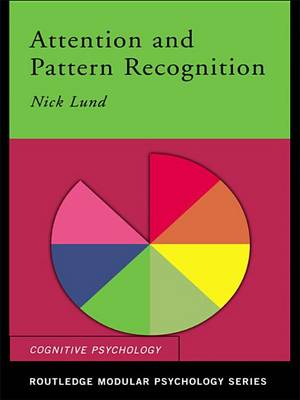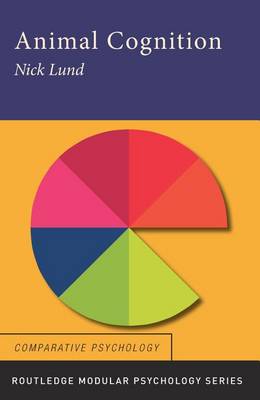Routledge Modular Psychology
2 total works
Whilst attention is a term commonly used in everyday life, for many years psychologists have struggled in their attempts to explain what it actually means. Attention and Pattern Recognition introduces the main psychological research on attention and the methods that have been used to study it. It also examines the subdivisions of focused and divided attention and explores how people recognise patterns and faces. The Routledge Modular Psychology series is a completely new approach to introductory level psychology, tailor made to the new modular style of teaching. Each short book covers a topic in more detail than any large textbook can, allowing teacher and student to select material exactly to suit any particular course or project. The books have been written especially for those students new to higher level study, whether at school home, college or university. They include specially designed features to help with technique, such as model essay at an average level with an examiners comments to show how extra marks can be gained. The authors are all examiners and teachers at introductory level.
Animal Cognition looks at how non-human animals process information from their environment. Nick Lund has written an accessible and engaging account of this area of comparative psychology. The book contains chapters on animal navigation (including homing behaviour and migration), animal communication methods and research into animal language, and attempts to teach language to non-human animals. A chapter on memory includes models of memory in non-human animals and discusses the importance of memory in navigation and foraging behaviour.
Animal Cognition is designed to cover the AQA(A) A2 level specification but will also be of interest to undergraduates new to comparative psychology. It is well illustrated and includes a study aids section with examination questions and answers, and key research summaries.

